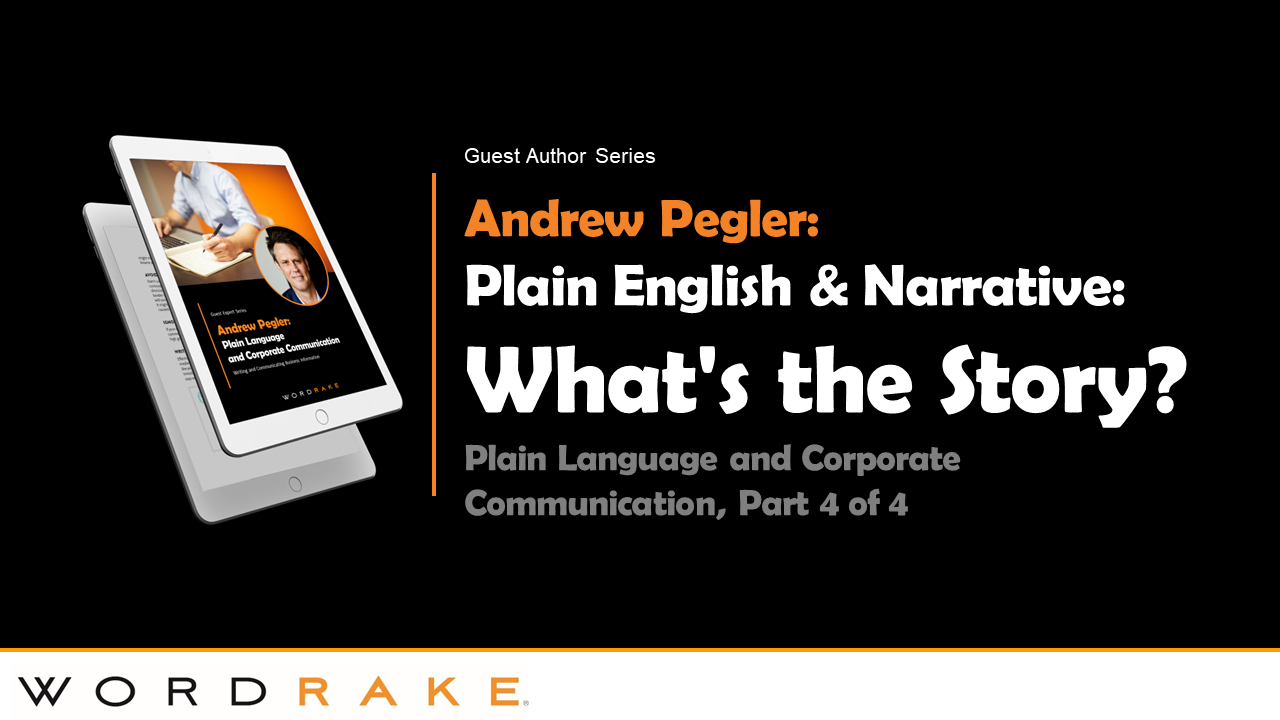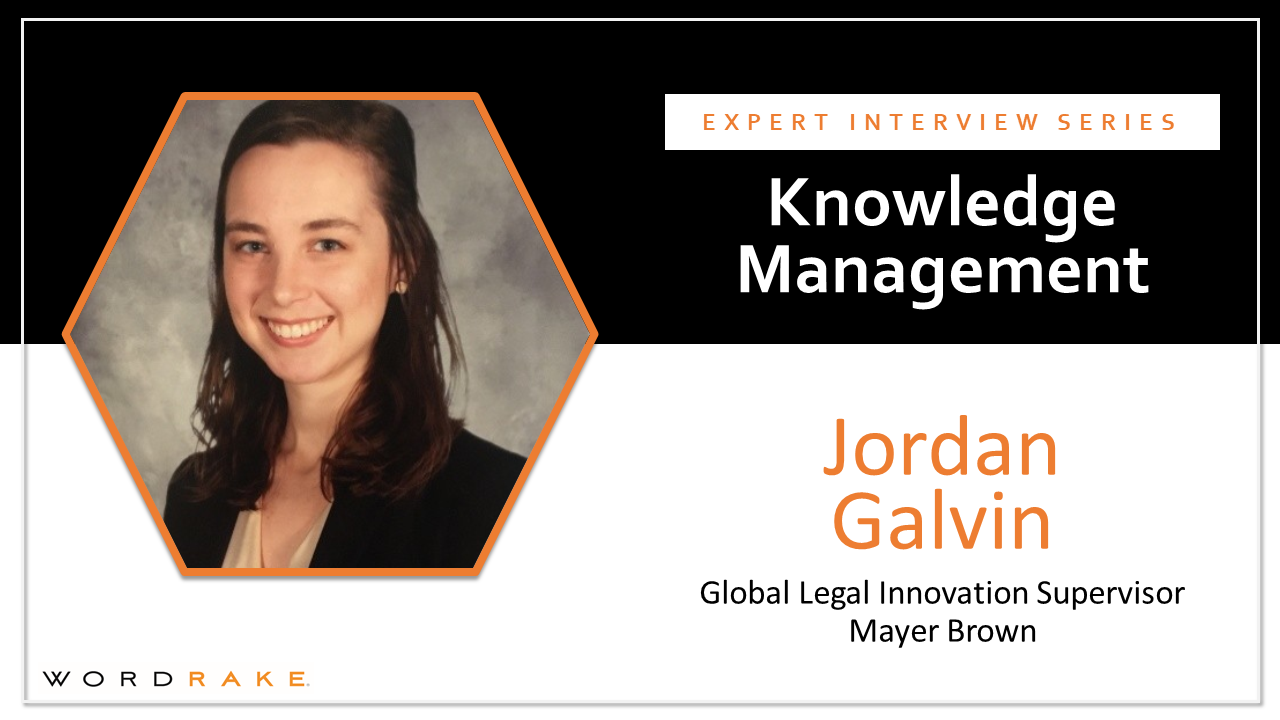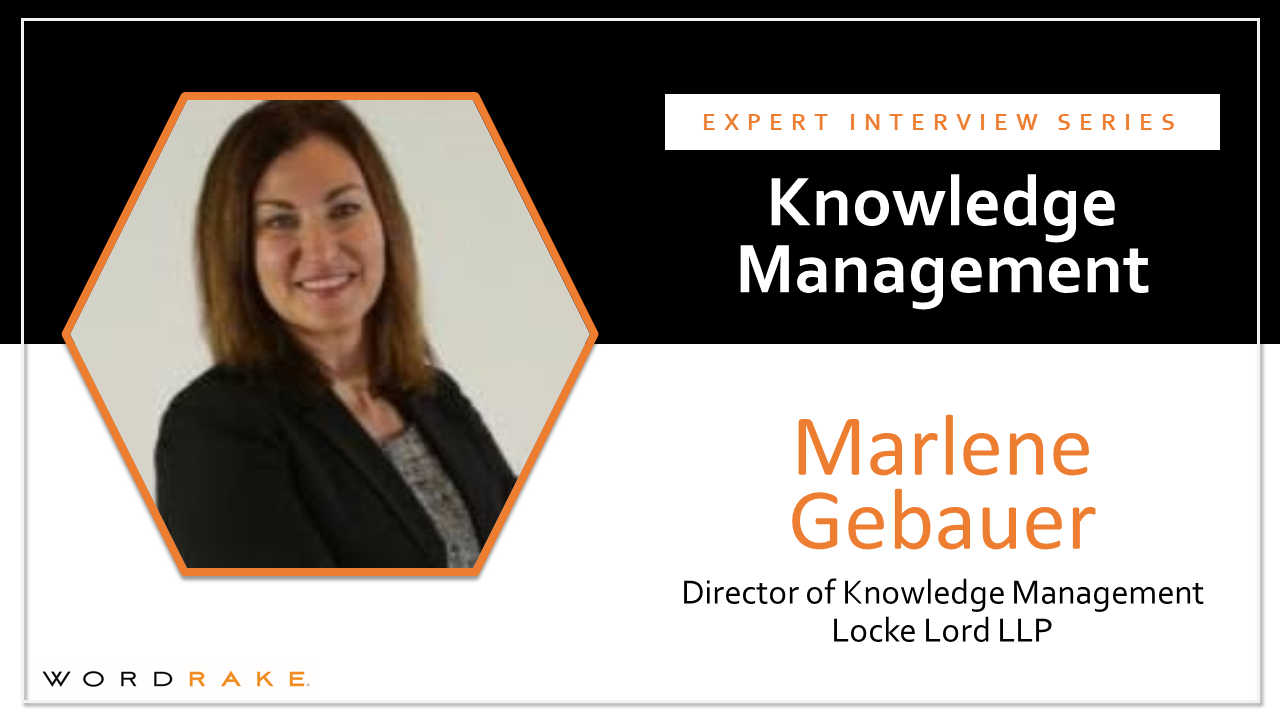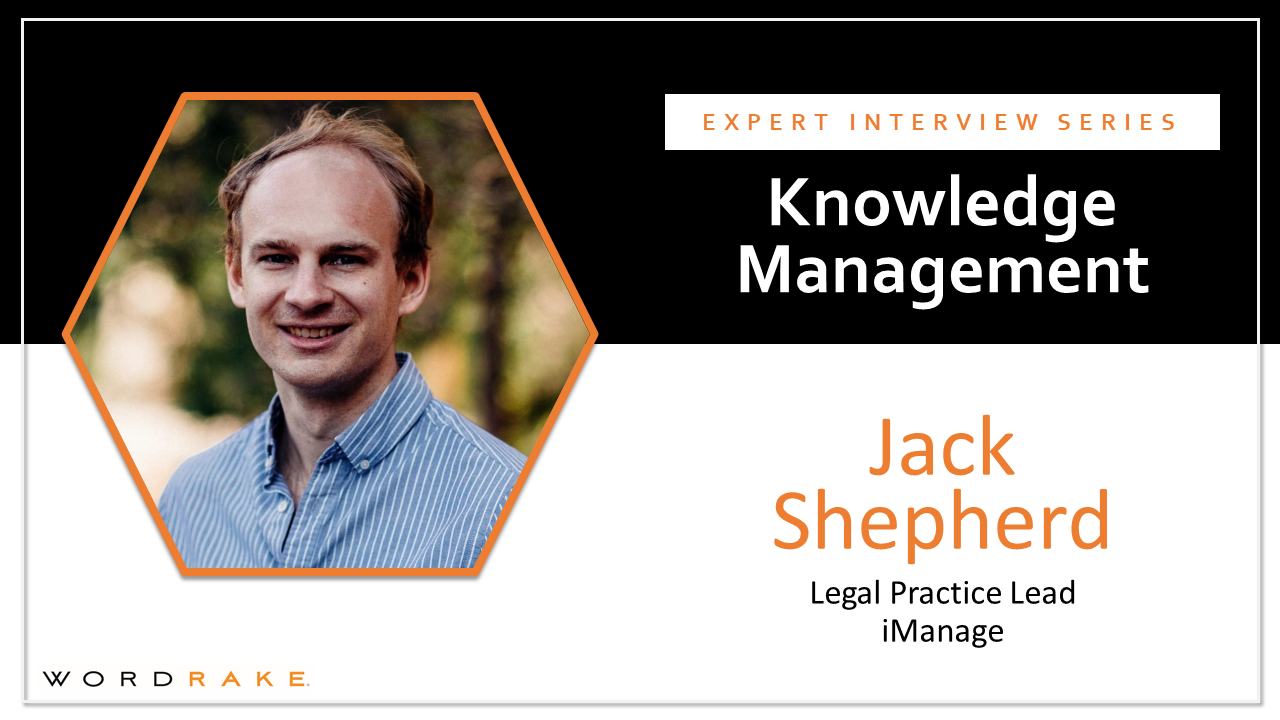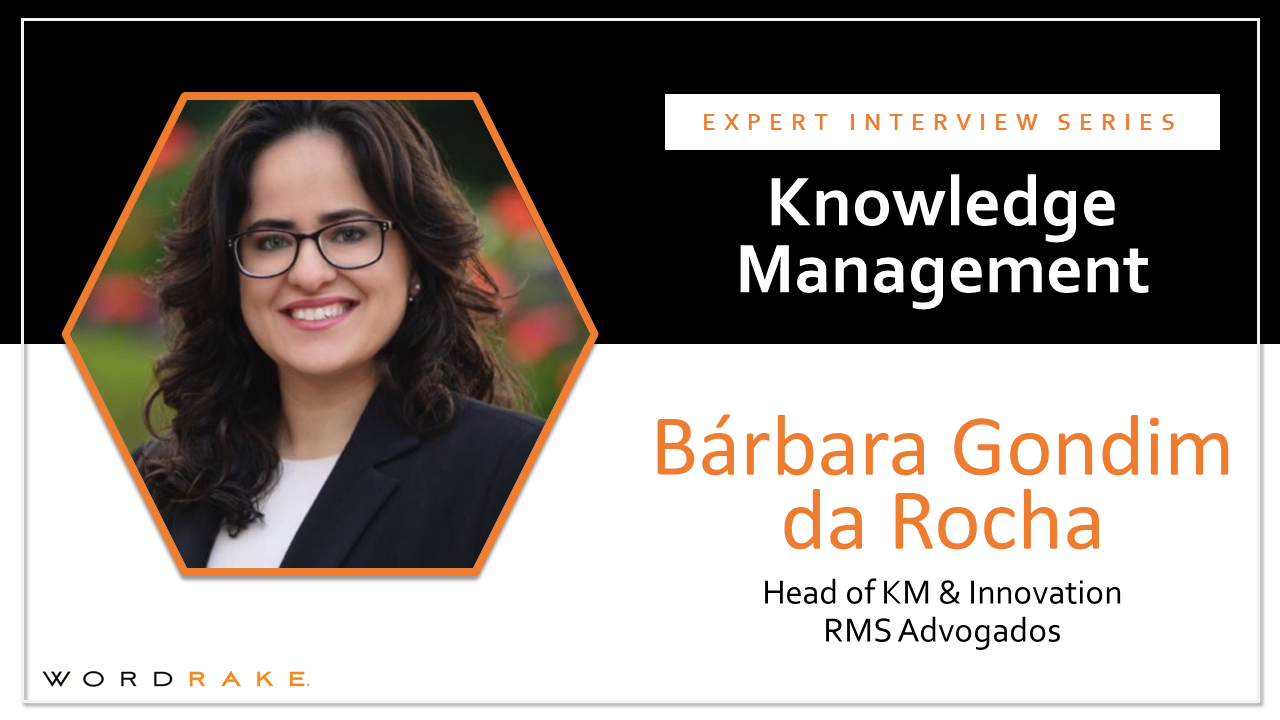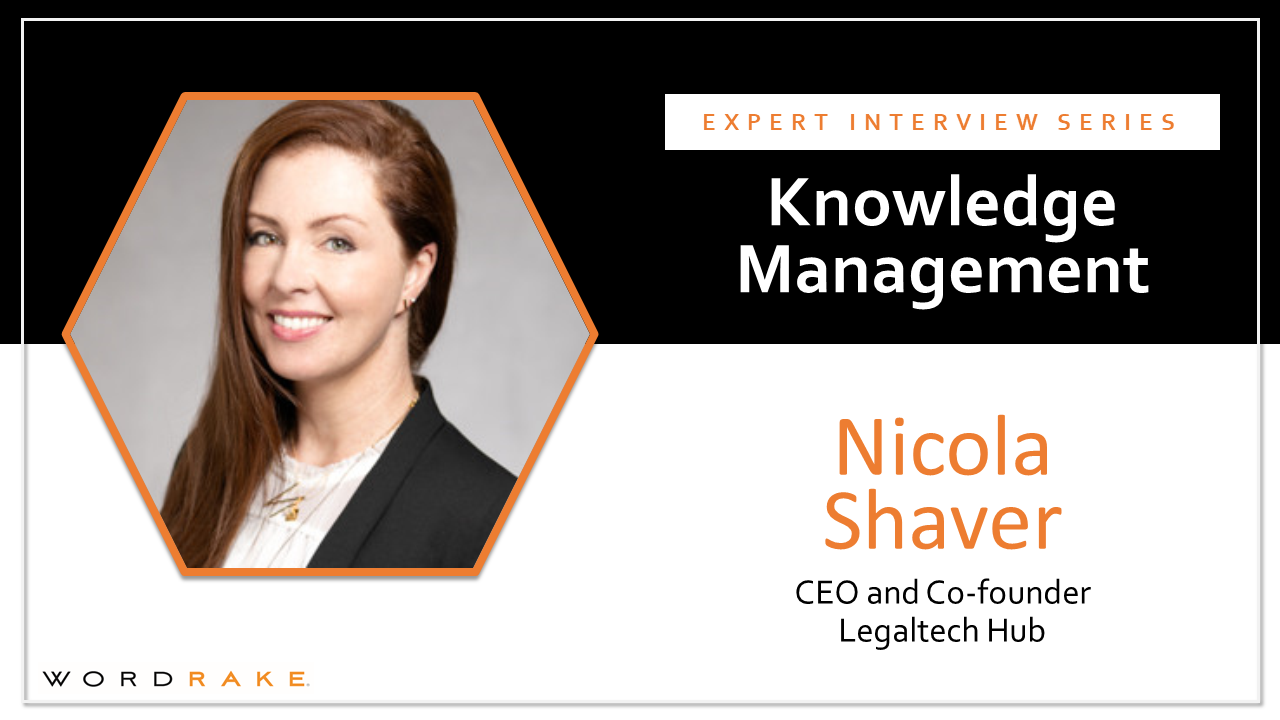Terminology note: I’ll use the term “patients” to refer to people who have direct lived experience with a health condition and who receive services from the healthcare system. Different people may prefer different terms—like client, service user, and self-advocate, among others—depending on context.
Continue readingI was in Boise, Idaho yesterday and you know how conservative that state can be and we went out for a walk to get a coffee and it was a cold day and within a quarter hour I must have seen 15 people with face piercings and green hair.
Confused? You’re not alone. The paragraph above is a mess. The language is straightforward, there aren’t any very long words, it’s written in the first person and it’s chatty. These are all hallmarks of writing in plain English, but… Did you understand it at first reading? Very unlikely. Apart from being badly punctuated, little thought has gone into how the information is presented. If ideas are jumbled and illogical, you’re in trouble.
Continue readingK.I.S.S.
Spotting plain English in a corporate report can be like finding Waldo! It’s because people often fear they’ll look stupid by presenting complex ideas simply. But, making information accessible is smart. In fact, it’s the whole point of communication. If your reader will need a dictionary to get through the first paragraph, it’s time for a rethink. Plain English will be your ally.
Be a straight shooter. Follow the K.I.S.S. design principle: “Keep It Short and Simple” (or more bluntly, “Keep It Simple, Stupid!”). Albert Einstein was on to something when he said, “Everything should be as simple as possible but not one bit simpler.”
An idea for a new project comes to you when you’re in the shower. Or you’re on the way home from work when you think of the perfect words to convince your executive team to fund your initiative.
Breakthrough insights and inspired ideas often appear when we’re far from our desks.
That’s no accident. It’s an artifact of the way that our brains work. In this post, we’ll look at how you can set up your brain to generate insights when you’re doing other things. (It’s like crowdsourcing within your own head. More on that below.)
Continue readingWhen we first meet someone, we ask ourselves, “Is this person friend or foe?” Our subconscious—or conscious—answer decides what follows. That’s why the legal profession must be so careful when dealing with the public. Legal language is too easily felt as the language of an enemy—an alienating Petri dish for mistrust.
Continue readingYour firm knows they must implement a knowledge management system to be competitive, and they have a plan for how it’s going to happen—but why are there still so few materials in the database and why does it still seem so hard to use? When a firm’s knowledge management system is not allowed to reach its full potential, the company loses value through wasted time searching for or recreating what already exists. An important part of lawyers’ work is applying knowledge to the documents they create and retrieving knowledge stored within those documents; effective knowledge management and efficient, high-quality document creation go hand-in-hand. In this interview, knowledge management and innovation expert Jordan Galvin helps us understand the barriers law firms face when building knowledge management systems and how a firm’s knowledge management execution can set its innovation initiatives up for success.
Continue readingThere are many barriers to effective knowledge management in law firms, but human emotions around ownership and workplace culture can be some of the hardest to overcome. In this interview, knowledge management expert Marlene Gebauer sheds light on the barriers to knowledge management, including the need to rethink teamwork between people and between technologies. She also details how knowledge management and technology can affect document creation, and who will make a good fit to enter the dynamic knowledge management field. Read on to learn more.
Continue readingLegal documents are full of valuable knowledge. They are also the easiest source of knowledge to improve the firm’s future document creation and strategies. But a sea of data is useless unless what you need can be easily found—good knowledge management is the difference between time wasted and time saved. Legal tech has made incredible advances for knowledge management, but its reputation as a silver bullet can actually make legal work harder rather than easier, unless we know how to harness its power. Knowledge management expert and former lawyer Jack Shepherd warns against assuming tech can automatically improve legal practices, and explains the importance of defining goals, determining realistic strategies, and putting in the work when implementing knowledge management technologies. Read on to find out why knowledge management is essential to improved document creation, and how the barriers, and solutions, to reaping these benefits are not what (or who) you thought they might be.
Continue readingAre there moments at work that make you think, “There has to be a better way to do this”? Everyone has had this thought at some point, but it takes significant time and coordination with coworkers and experts to investigate these workplace inefficiencies which slow everyone down. There may be pushback against changing existing systems from “the way it’s always been,” but making the investment in knowledge management systems can have substantial payoff beyond relieving your pet peeves. In this interview with lawyer and knowledge management expert Bárbara Gondim da Rocha, learn how knowledge management can develop solutions that keep your company profitable and keep clients satisfied, even with a competitive market and added difficulties of remote work in the pandemic.
Continue readingThe purpose of knowledge management is to collect, organize, and enable the effective use of knowledge across an organization. The most successful law firms understand that knowledge is an asset and rely on knowledge management professionals to turn it into a competitive advantage. Someone can take a firm to the next level when they have a deep understanding of what constitutes valuable knowledge and the ability to anticipate when and how others will need to use that knowledge. If that person can create an industry-wide map of that knowledge, then she can create a paradigm shift. That’s exactly what Nicola Shaver is doing as lawyer-turned-founder of Legaltech Hub. In this interview you’ll learn how Nicola views document content as unstructured data and how that insightful approach allows her to create long-term value.
Continue reading
